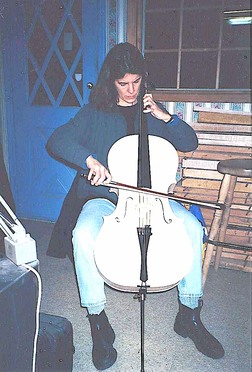
In a six degrees of separation kind of way, Hatsy’s beautiful maple and spruce cello, handcrafted by Alan and Sarah Balmforth, came to Shelter Music Boston thanks to volunteer Trisha O’Connell. A retired nonprofit leader, Trisha has been putting her professional expertise to work for SMB by drafting grant applications for a little over a year now. Some years earlier, Trisha lost her best friend Hatsy to brain cancer and, with Hatsy’s siblings Rachel and Charlie, was helping to settle her estate. After learning about Shelter Music Boston from Trisha, they were all taken with the idea of supporting SMB by donating Hatsy’s cello. Hatsy was a creative and empathetic individual, committed to her 30-year Buddhist practice and the pursuit of passions that moved her personally and spiritually. A gifted writer, photographer and therapist, Hatsy also loved music. In 2000, after years of lessons and rented instruments, she commissioned her beloved cello. She typically played only for herself, enjoying the peace and solitude of the music and the practice of playing.
Hatsy’s family, Trisha, and all of us at SMB are in agreement that using her cello to bring comfort and hope to adults and children in homeless shelters, recovery programs, or other sites is a fitting tribute to Hatsy. Lizzy Cook said, “I am so filled with gratitude to be able to play on such a beautiful instrument. Thank you to Hatsy and her friends and family for this very generous donation. I can’t wait to use this cello to bring joy and healing to audiences in our upcoming performances!”

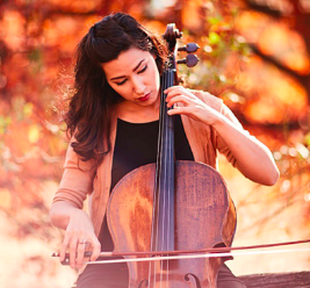
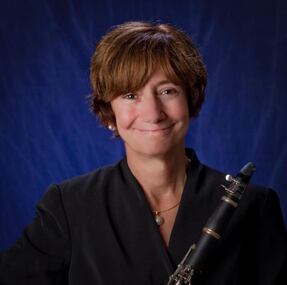
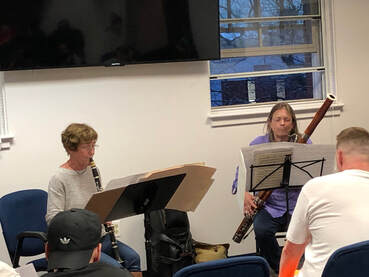
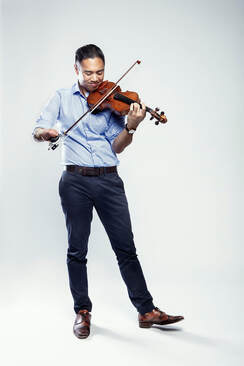
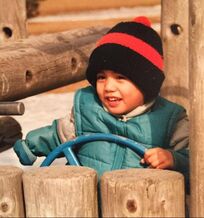
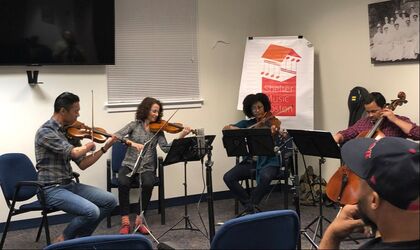
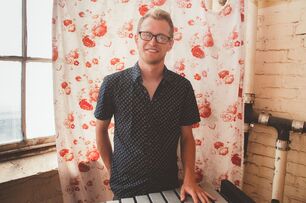
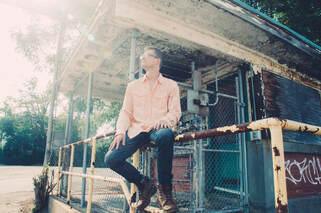
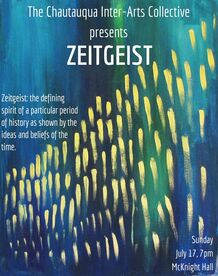
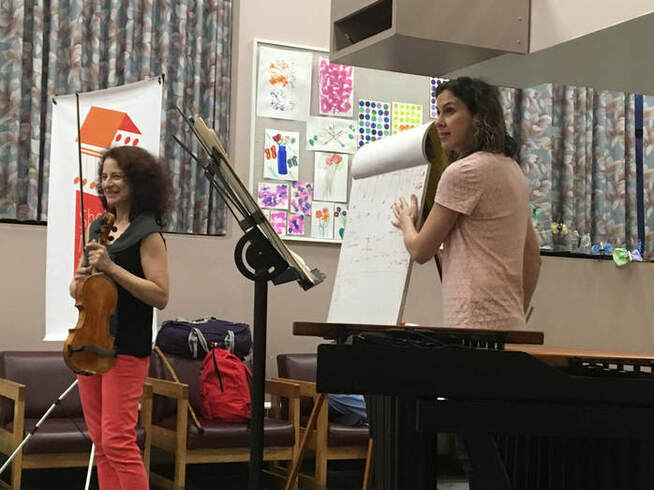

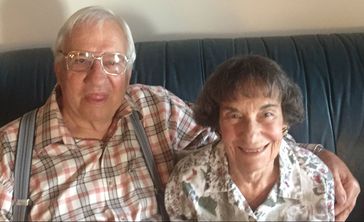
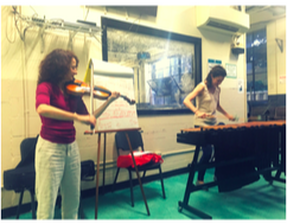
 RSS Feed
RSS Feed











